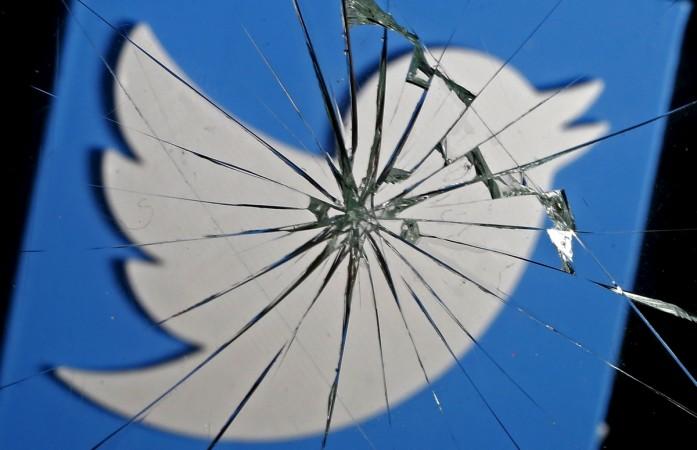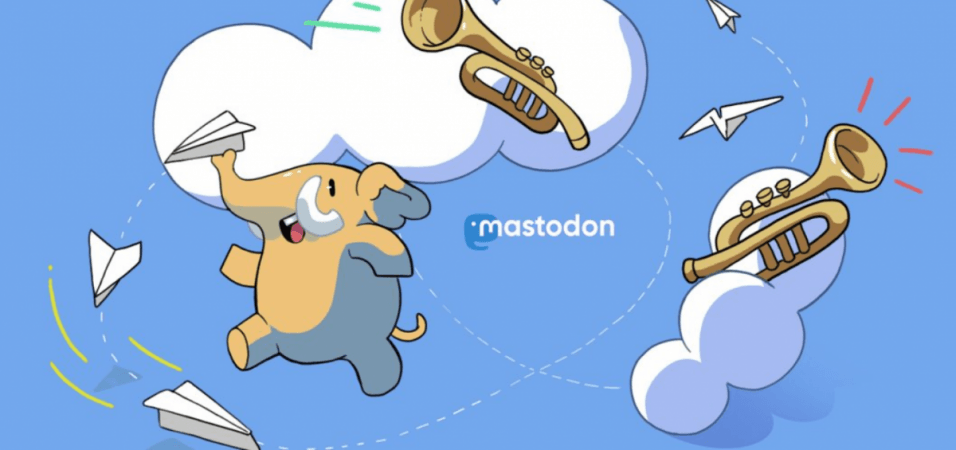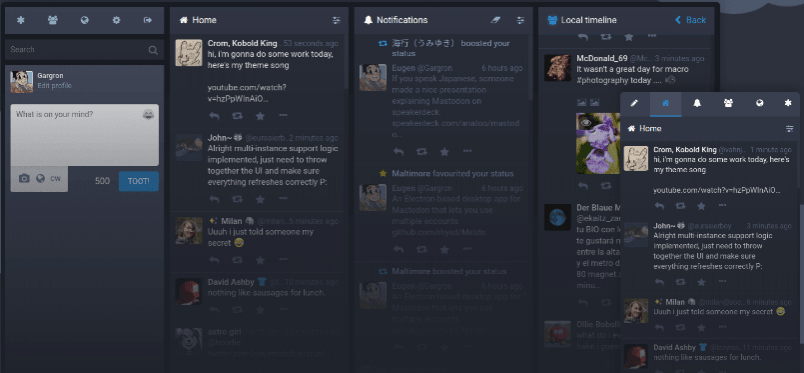The social media giants of the industry have been in turmoil. First Facebook for its political views and now Twitter over alleged bias, and users are already looking for new ways to connect socially over digital platforms. As it appears, users have already found an alternative SM platform and are flocking to it in huge numbers.
You must have come across Mastodon on your Twitter trends and why people are talking about it. Mastodon is a Twitter-like micro-blogging platform that is under the spotlight after influential journalists and activists switched to it in outrage over Twitter India's alleged bias.
Mastodon isn't new to the social media race, but it is gaining popularity in India as users are migrating away from Twitter. The protest started with the suspension of Supreme Court lawyer Sanjay Hegde's Twitter account after some of the posts got reported. Several users demanded that Hegde's account be restored, and Twitter budged but the account was suspended again.

Hegde announced his intention to join Mastodon and many users, including journalists, activists, followed the suit in protest against the micro-blogging platform. But for those who are unaware of Mastodon and how it works, here's everything you need to know.
What is Mastodon?
As per the site's description on Twitter, Mastodon describes itself as "the social network of the future: no ads, corporate surveillance, ethical design, and decentralisation!" Many users who joined the platform praised Mastodon for several things, but the platform's zero-tolerance towards bias, online hate and trolling stood out.

Mastodon's interface has a striking resemblance to Twitter. Its users can start or join communities that are servers connected to each other in a decentralised network. But users can still communicate with users from other communities freely. Users can toot (not tweet, obviously) within 500 characters

Mastodon is open-source in nature and was created by a German coder Eugen Rochko in 2016. The platform is decentralised, which makes it "resistant to financial, technical and organisational issues, as well as government interference." There's no single entity controlling the data on the platform. This is something Indians have found solace in while making the switch.
Twitter India users' reactions
Twitter India users strongly protested against the microblogging site and switching to Mastodon was the extreme step. Here are some reactions to capture the crux of how Indians feel about the whole Twitter vs Mastodon movement.
You need to move to #Mastodon , one of my trolls followed me there and created 8 handles to abuse me . This is how I was treated by the moderators. And within hours trolls were suspended.
— Dabang Khatoon (@unicornwingss) November 7, 2019
Am at am at https://t.co/n6bexEJbUF @jamewils pic.twitter.com/PWqthFlu1h
So this has been the impact of Indian twitter's mass migration to #mastodon n in the last 36 hours.
— The Last of Her Name (@Lawandemotions) November 7, 2019
This an act of mass dissent against centralisation and the general rise in toxicity (be it politics or tech).
I hope more of you join in.
Let's reclaim power.#TootNotTweet pic.twitter.com/sndtIZf4eP
As @twitter & @TwitterIndia has told us that they shall arbitrarily control who gets to speak here & who gets banned, it is time we explore other platforms.
— Kannan Gopinathan (@naukarshah) November 5, 2019
I have made my account on mastodon naukarshah@mstdn.social. Let us remain connected over different platforms. https://t.co/TsF6jnyfCZ
I am on at prasanna_s@mstdn.social.
— Prasanna S (@prasanna_s) November 5, 2019
If @Twitter does not reinstate @sanjayuvacha before 12 noon on 6th Nov, 2019, please join me in a 24-hour Twitter Boycott in solidarity with #SanjayHegde starting at that time.
During the Boycott period, we will not access twitter. At all. https://t.co/HPDUvO6XbJ
Move to https://t.co/7ua20xQT91 now. Better vibe, good people, no trolls, no negativity, & none of Twitter's blatant political biases. (Not a paid post!)
— VISHAL DADLANI (@VishalDadlani) November 7, 2019
The more of you that move to Mastodon, the sharper the lesson that twitter will learn. I'm @vishaldadlani . See you there.
Twitter India responds
Clearly, what started out as a suspension of an account based on the violation of the "Twitter Rules against using hateful or sensitive content", turned into the site's biggest nightmare. Several users called out Twitter for its actions and the microblogging site finally responded.
In a series of tweets, the company said:
"There's been a lot of discussion this week about Twitter's perceived bias in India. To be clear, whether it's the development of policies, product features, or enforcement of our Rules, we are impartial and do not take action based upon any ideology or political viewpoint.
Twitter's commitment to inclusion and diversity is fundamental to who we are and crucial to the effectiveness of our service. Voices from across the spectrum can be seen and heard on Twitter and we are committed to the principles of openness, transparency, and impartiality.
We have one set of Twitter Rules, and we enforce our policies judiciously and impartially for all individuals — regardless of their belief or background. Every Tweet and every account that is brought to our attention is reviewed on its own merit.
We have a specialised, global team that enforces Twitter's Rules. In our trainings we extensively cover topics such as religion and caste to provide them with necessary local context they need to evaluate content.
Media depicting hateful imagery is not permitted within live video, account bio, profile or header images. Twitter has a higher standard in some areas like profile or header images, where there is limited context (unlike a Tweet that may contain an image with accompanying text).
As we have stated several times, our public verification process is closed. While we are reviewing the entire program, on a limited case-by-case basis we do verify public figures who are active in the public conversation.
We are committed to serving an open public conversation in India and we will continue to be transparent in our efforts."
Should Twitter be worried?
On moral grounds, there might be some advantage for Mastodon as it takes trolls, hatred and bias very seriously. Twitter, on the other hand, is far more popular with 126 million daily active users, which stand tall against less than 400,000 users on Mastodon. The lack of users and discussions on current topics could force users to head back to Twitter, which has threads on almost any topic you'd want to explore discussions.
Twitter might not have an imminent threat from Mastodon, but Indian users flocking away from the site at this rate is certainly concerning.










